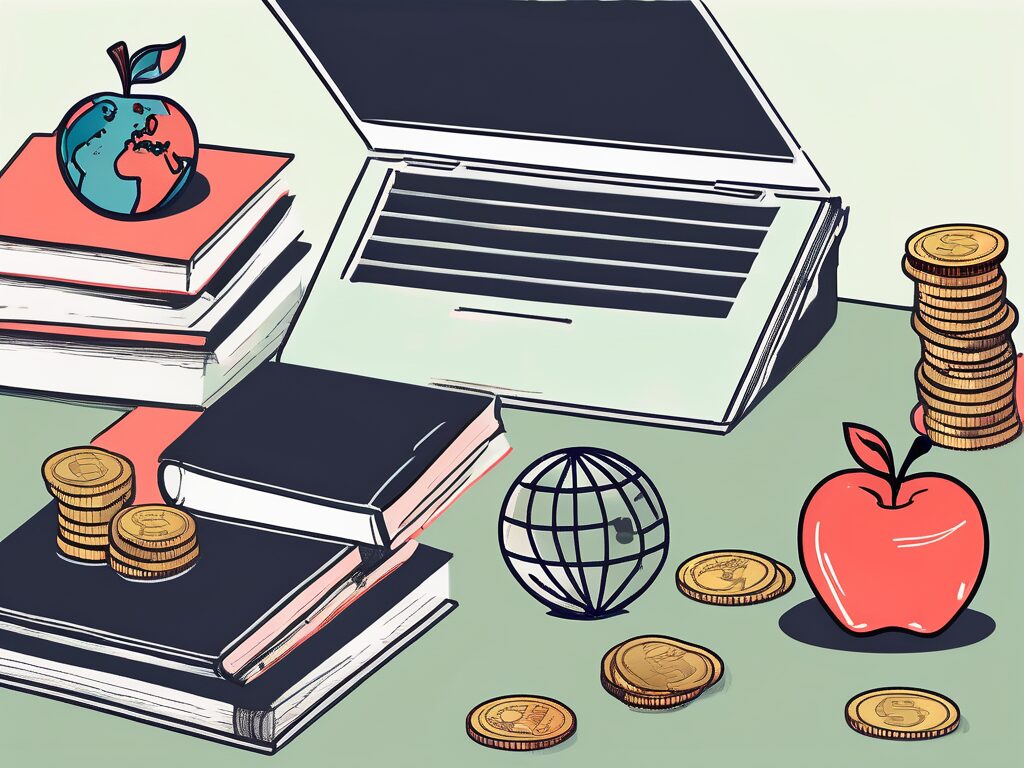What Disparities Exist in Education?
Education is a fundamental right, yet disparities in education persist globally, affecting millions of students. For aspiring international teachers, understanding these disparities is crucial for making a meaningful impact. In this article, we will explore the various educational disparities, their significance, and how educators can address them through training and certification.
Why is it Important for Aspiring International Teachers?
Educational disparities can significantly impact students’ futures, influencing their job prospects and quality of life. For international teachers, understanding these disparities is essential to tailor their teaching methods and make a positive impact. According to UNESCO, over 260 million children are out of school, highlighting the urgent need for skilled educators who can bridge these gaps.
Key Skills or Qualifications Required
To effectively address educational disparities, aspiring international teachers need specific skills and qualifications:
- Cross-cultural communication skills
- Adaptability and flexibility
- Certification in international teaching standards
- Experience in diverse educational settings
Steps to Get Started
Becoming an international teacher requires careful planning and preparation. Here are the steps to get started:
- Obtain a relevant teaching degree or certification.
- Gain experience in diverse educational environments.
- Enroll in specialized training programs for international teaching.
- Network with other international educators and organizations.
Challenges and How to Overcome Them
Teaching in international settings comes with its own set of challenges, including language barriers, cultural differences, and varying educational standards. To overcome these challenges, teachers should:
- Engage in continuous professional development.
- Learn the local language and culture.
- Adapt teaching methods to suit diverse learning needs.
Best Practices and Tips for Success
Success as an international teacher involves more than just classroom skills. Here are some best practices:
- Build strong relationships with students and local communities.
- Stay informed about global educational trends and policies.
- Utilize technology to enhance learning experiences.
Conclusion
Understanding and addressing educational disparities is crucial for aspiring international teachers. By acquiring the right skills, qualifications, and experience, educators can make a significant impact on students’ lives worldwide. Embrace the opportunity to become a change-maker in education.
Want to become a teacher in a Tier 1 international school? Join the course here.

